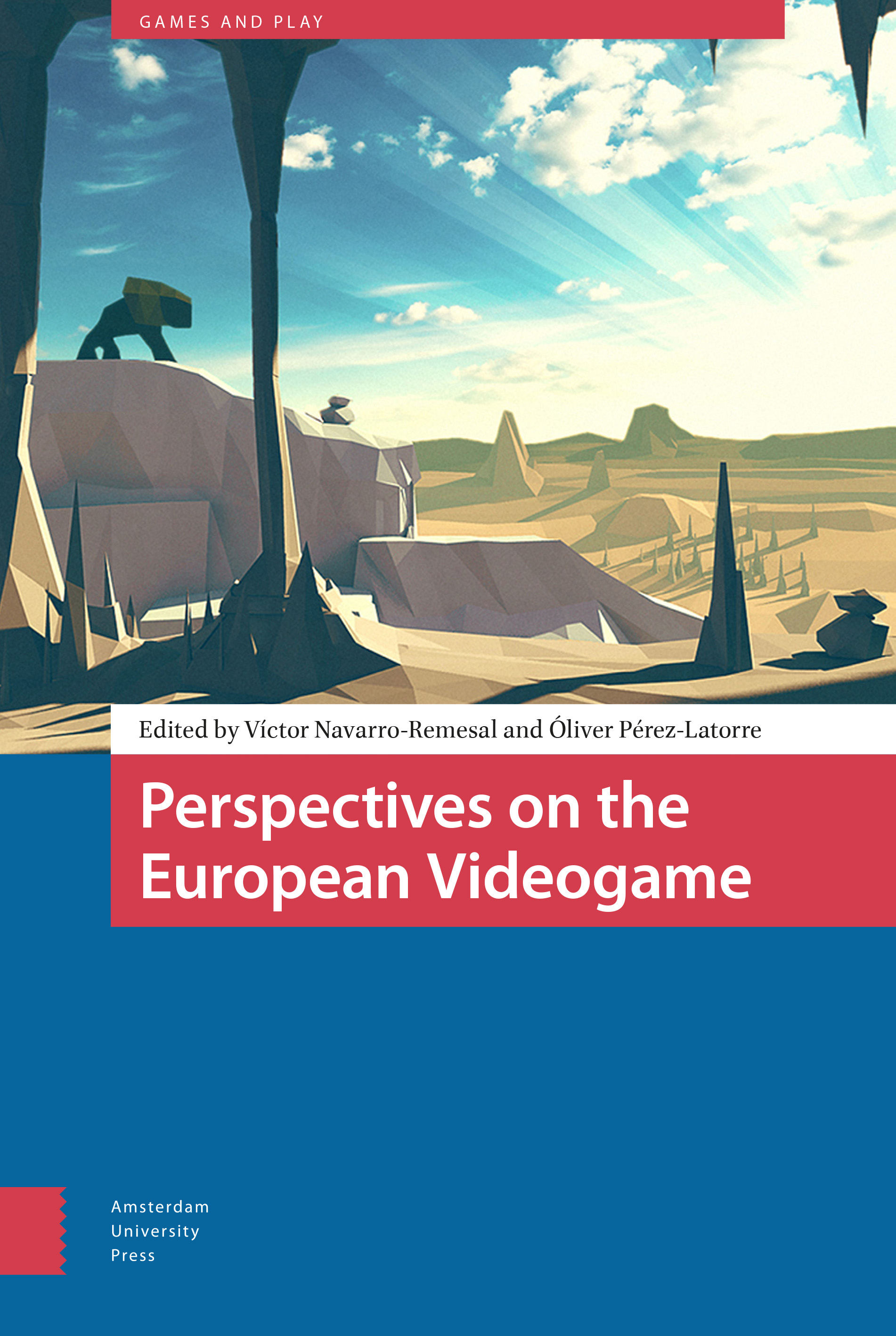Book contents
- Frontmatter
- Table of Contents
- Prologue Conflict, Negotiation, Appropriation, and Diversity: The Challenge of European Game Studies
- Introduction Euro Ludens: On the Origins, Playing Region, and Imaginaries of the European Videogame
- Part I National Stories
- Part II Transnational Approaches
- Conclusions (for now) European Videogames, Europeanness in Videogames
- Index
7 - Playing European Comic Books : The Videogame Adaptations of Astérix and Tintin, 1993–1997
Published online by Cambridge University Press: 16 December 2021
- Frontmatter
- Table of Contents
- Prologue Conflict, Negotiation, Appropriation, and Diversity: The Challenge of European Game Studies
- Introduction Euro Ludens: On the Origins, Playing Region, and Imaginaries of the European Videogame
- Part I National Stories
- Part II Transnational Approaches
- Conclusions (for now) European Videogames, Europeanness in Videogames
- Index
Summary
Abstract
This chapter analyses the adaptations of Franco-Belgian comic book classics such as Astérix and Tintin developed by the French company Infogrames in collaboration with the Catalan studio Bit Managers. The “Europeanness” of these games is multi-layered because not only were they made in Europe (a successful example of Franco-Hispanic coproduction), they were also based on previous European creations and focused on European characters travelling across European countries. Through a comparative analysis of their reception in French, British, Spanish, and Italian game magazines, as well as a series of interviews with the designers, this chapter addresses how they mobilised national clichés and competing identities while questioning discourses of originality, adaptation, and medium specificity, ultimately confirming the differential and asymmetric quality of European identity, both in and outside of game culture.
Keywords: Game, Comic Book, Adaptation, History, European, Humour
When it comes to European visual imagery and popular culture, few works hold the truly unique place that Franco-Belgian comic books occupy in the hearts and memories of millions of Europeans. From the historical parodies of Astérix to the post/colonial travels of Tintin (not to forget the mushroom trips of The Smurfs), generations of readers and spectators from multiple countries share a sincere admiration and respect for the legacy of such comic books, whether they call them fumetti, bande dessinée, strips, historietas, or comics. Indeed, the mere fact that countries with such different languages (and ways to say ‘comic’) were capable of laughing with and bonding to the same characters at the same time, in spite of linguistic barriers and cultural differences, is in and of itself a plural definition of Europe. That is probably why in the mid- to late-1980s, with the effects of the videogame crash still lingering, a young French company called Infogrames acquired the adaptation rights (Blanchet & Montagnon, 2020, p. 315) and later co-produced a memorable series of console games that deserve to be revived, analysed, and discussed in this book, mainly because they enrich and problematise the notion of European videogames in—at least—four different ways:
First of all, these are games made in Europe, based on previous European creations, and that focus on European characters travelling (mostly) across European countries, meaning that the very essence of those Hergé and Goscinny– Uderzo comics is European identity, as debatable and multi-layered as that notion may be (Habermas, 2009, 2012).
- Type
- Chapter
- Information
- Perspectives on the European Videogame , pp. 151 - 174Publisher: Amsterdam University PressPrint publication year: 2021



